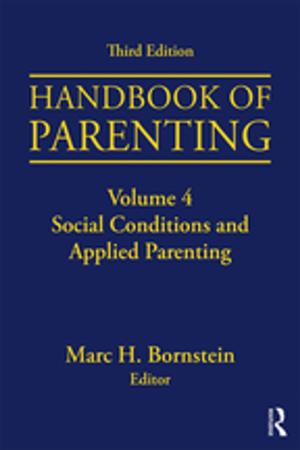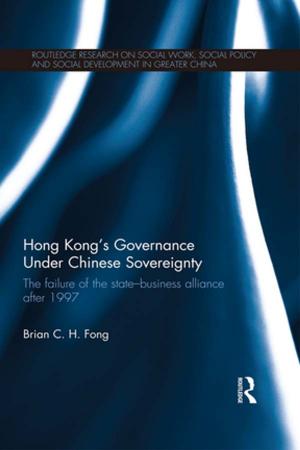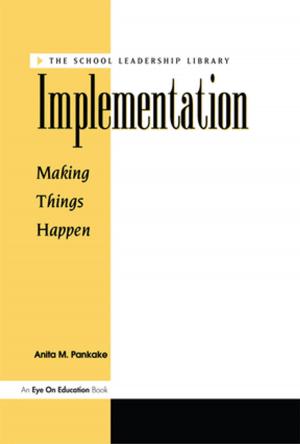| Author: | Mark Wilcox | ISBN: | 9781317145509 |
| Publisher: | Taylor and Francis | Publication: | June 10, 2016 |
| Imprint: | Routledge | Language: | English |
| Author: | Mark Wilcox |
| ISBN: | 9781317145509 |
| Publisher: | Taylor and Francis |
| Publication: | June 10, 2016 |
| Imprint: | Routledge |
| Language: | English |
Effective talent management is about aligning the business's approach to talent with the strategic aims and purpose of the organisation. The core rationale of any talent strategy should be to have a direct positive impact on the organisation's goals but in many cases this is not so. The ideas, principles and approaches outlined here will enable the reader to understand the strategic nature of talent and design a response that meets the needs of their own organisation. Case studies are used to illustrate the concepts and proven methodologies guide the day-to-day practice of the reader. The content will link the strategic intent of HR with the practical actions it takes to make a positive impact on the business's results. The author begins by examining the disconnected nature of talent management in many organisations; how at times it has been a response to trends and seen by many as a bolt on to HR and he proposes a different model, one that links clearly the development of a talent strategy with the achievement of a business strategy. Mark Wilcox summarises succinctly the case for a more strategic approach to talent management, one directly linked to business performance. He concludes that the time is now right for talent management, and therefore many HR managers, to move from a functional support role to one with a direct strategic impact on the business.
Effective talent management is about aligning the business's approach to talent with the strategic aims and purpose of the organisation. The core rationale of any talent strategy should be to have a direct positive impact on the organisation's goals but in many cases this is not so. The ideas, principles and approaches outlined here will enable the reader to understand the strategic nature of talent and design a response that meets the needs of their own organisation. Case studies are used to illustrate the concepts and proven methodologies guide the day-to-day practice of the reader. The content will link the strategic intent of HR with the practical actions it takes to make a positive impact on the business's results. The author begins by examining the disconnected nature of talent management in many organisations; how at times it has been a response to trends and seen by many as a bolt on to HR and he proposes a different model, one that links clearly the development of a talent strategy with the achievement of a business strategy. Mark Wilcox summarises succinctly the case for a more strategic approach to talent management, one directly linked to business performance. He concludes that the time is now right for talent management, and therefore many HR managers, to move from a functional support role to one with a direct strategic impact on the business.















